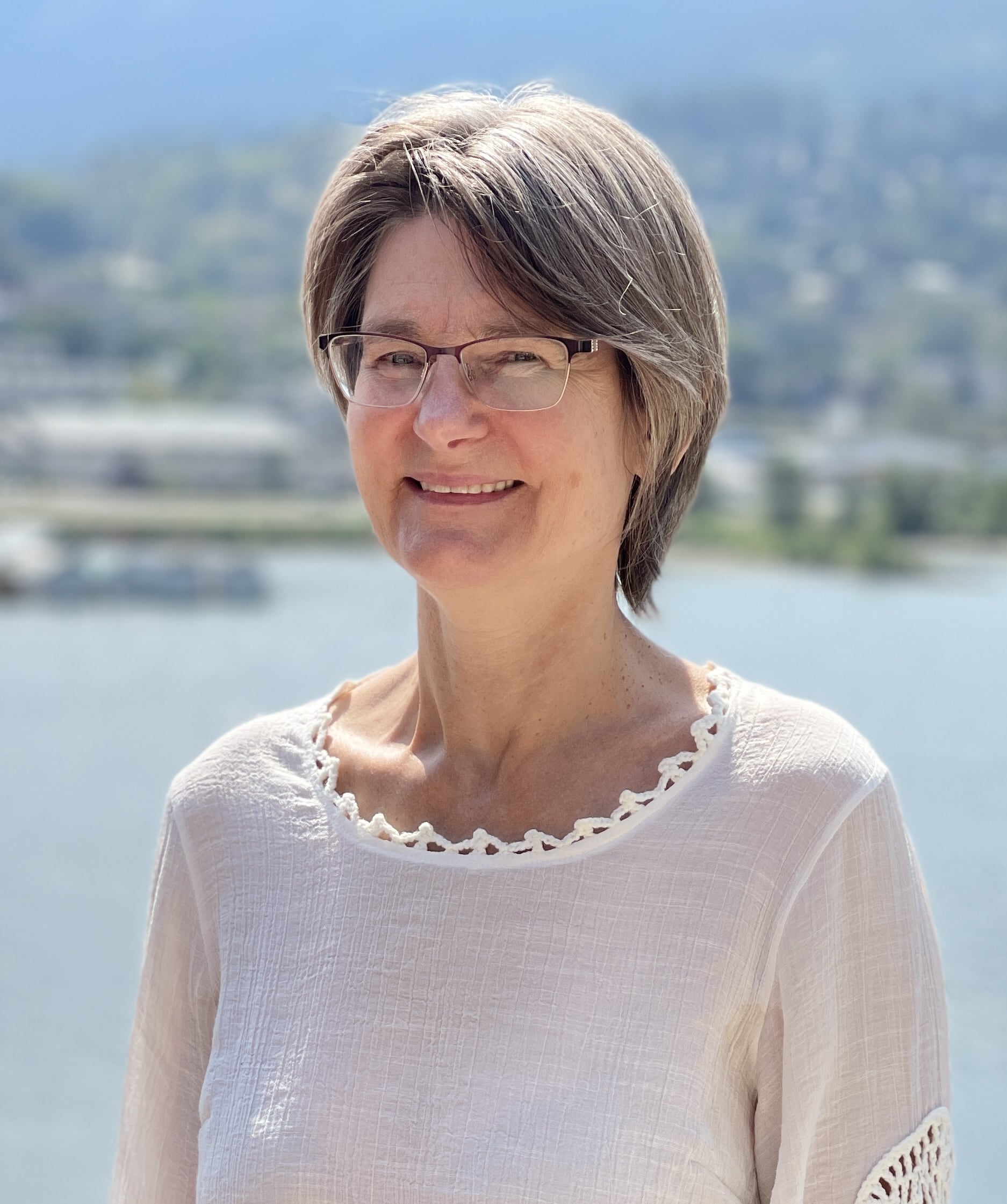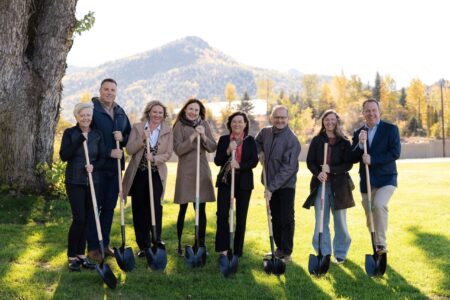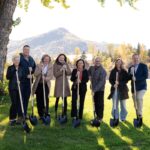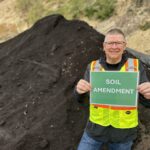Special OP/ED Series; Health care workers talk climate change
I am a neurologist working in Nelson. I talked to a man this summer to review his Parkinson’s disease. He was not doing well. Usually he did not have any history of depression but he was lacking his usual motivation. He lived in a remote area and had lived there on a small remote property with a stream running through it for many decades. This year for the first time ever during our heat dome, the stream had run dry.
He said that typically he hated wild turkeys but believe it or not he had put out little buckets of water for the wildlife including the turkeys because without water they would die. Along the dried up stream beds were dead fish and other animals that lived in the water.
His nearest neighbour was a woman in her 90’s who looked after herself and lived alone. She also had no water but was too feeble to carry the large water bottles so he was going to the nearest town to pick up bottled water for her too. He was in his 70’s and it was not an easy task for him.
It was incredibly heartwarming for me to hear of this man’s generosity in the face of disaster, and his own mental strain. I felt a real sense of sadness and shame hearing about animals dying and worried about elderly folks not being able to cope on their own.
The heat and the unusually dry temperatures this summer were devastating for many people and animals. And then British Columbians were hit with the recent flooding and landslides.
We need to do something to help the vulnerable elderly people in our society to face the effects of negative health impacts from climate change and help make them more resilient to the negative impacts, we will need to have a lot of planning and community support and funding to help out elders in our remote communities that will not be able to look after themselves.
The added distress is negatively impacting health and we do not have a treatment.
As a physician, I feel compelled to try to do what I can because climate change is having a very negative impact on the quality of life my patients are experiencing and medicine will not solve the problem. I feel that we need to reach out and connect with others in our community to support the weak and vulnerable, as individuals, and as a society. I hope to encourage others to work together to build supports for all, my patient with Parkinson’s, his 90 year old neighbour and even the turkeys. Let’s do what we can together to reduce our carbon pollution and mobilize governments to act now.
Dr. Marian Berry, neurologist























